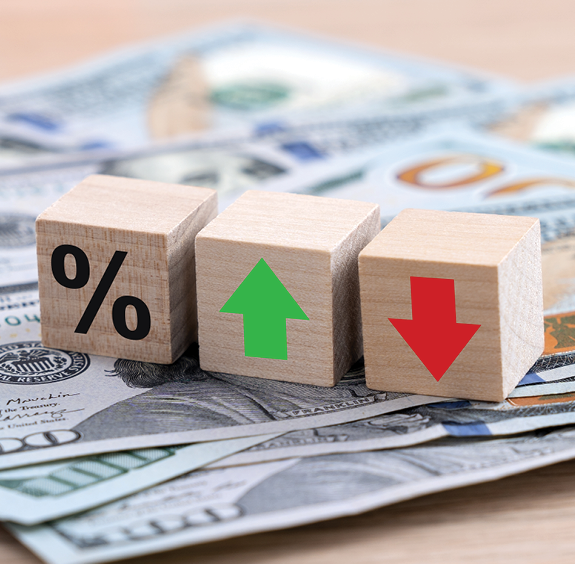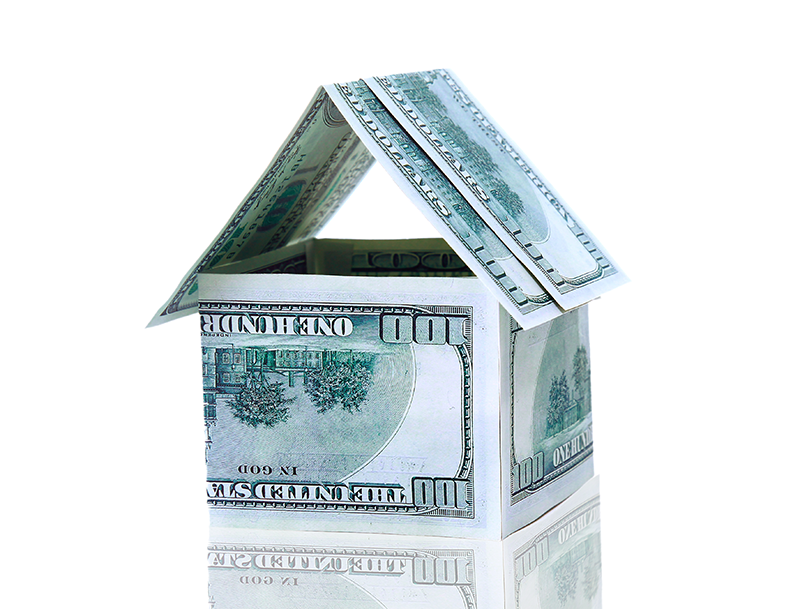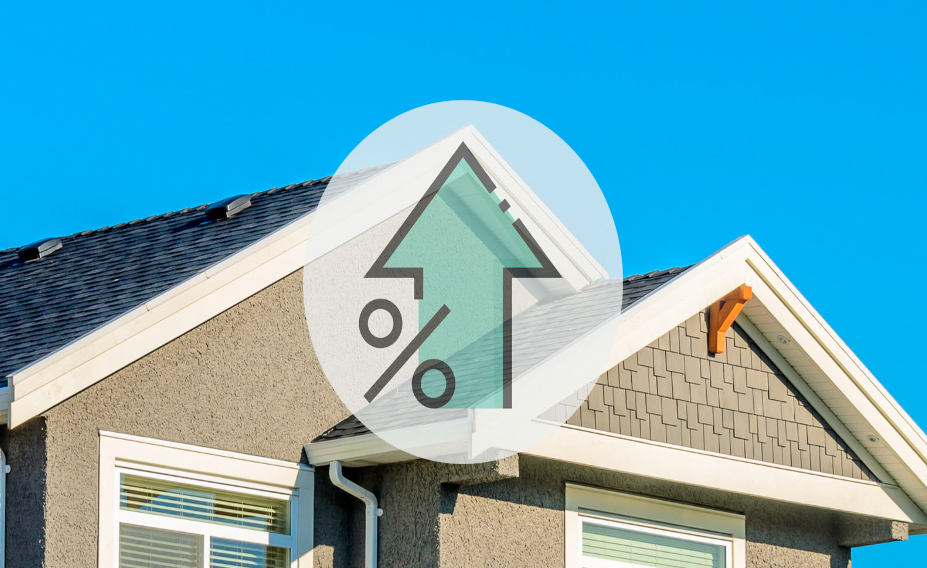Once the outcome of the presidential election was known, 30-year mortgage interest rates slowly decreased through the end of 2024 from the high 6% range, into the mid-to-low 6% range. Forecasters predicted that they’ll continue to soften in time for the spring 2025 homebuying season.
- Wells Fargo agrees that rates will dip below 6% in Q2 2025.
- Fannie Mae predicts that mortgage rates will average 5.7% in 2025.
- The Mortgage Bankers Association says rates between 2024 and 2025 will drift between 6.3% by Q4 2024 and 5.9% by Q3 2025.
- The National Association of Home Builders predicts that rates will average 5.94% in 2025, with “sustained, sub-6% mortgage interest rates” beginning in Q2 2025.
Federal Reserve leaders say that forecasting interest rates is highly uncertain. While there are trends that suggest that the interest rate forecast for spring 2025 will be lower, it all depends on developing economic conditions. For that reason, don’t try to time the market. You can always refinance if interest rates drop.





